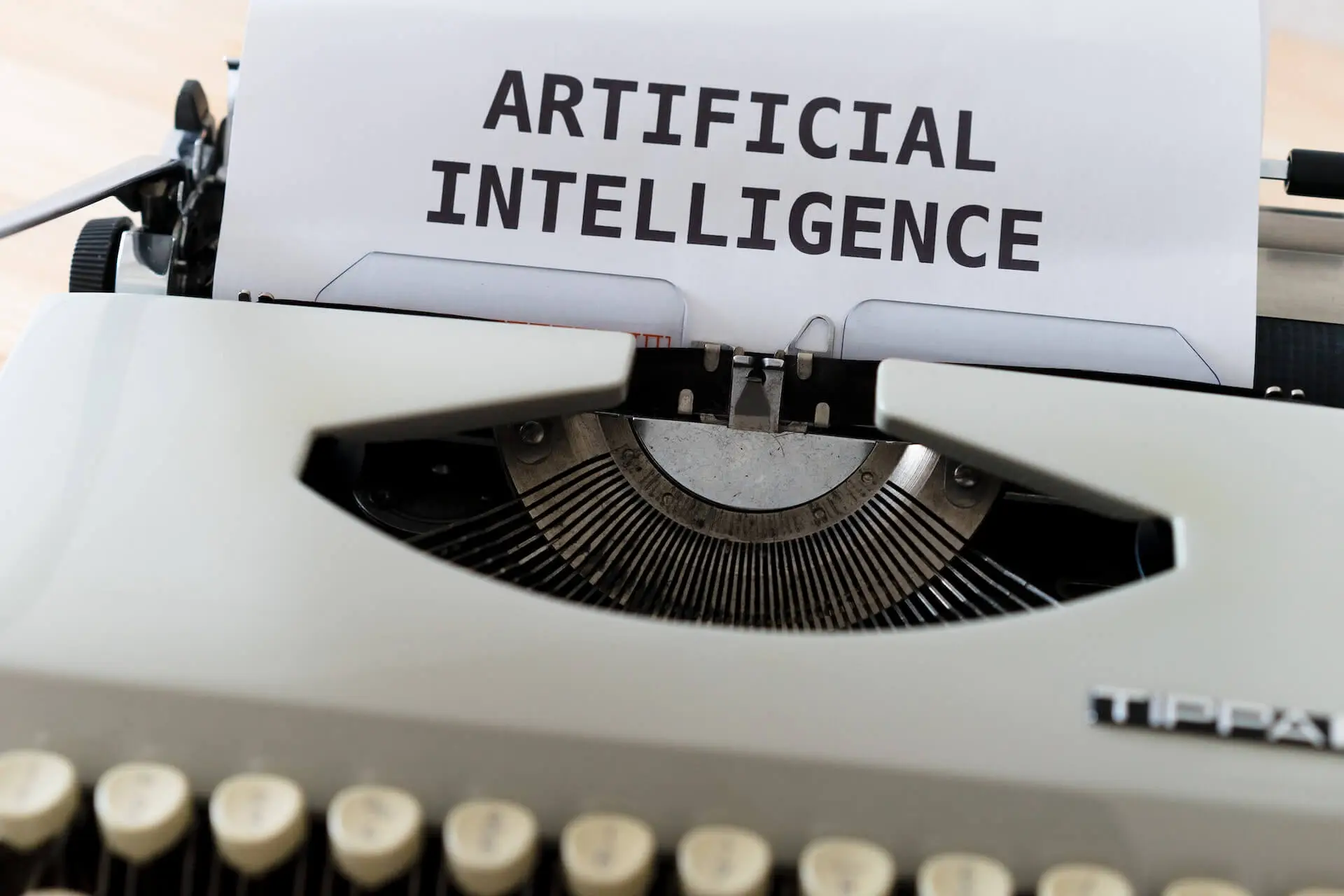Originally published May 2, 2023 , updated on February 16, 2026
Have you ever wondered if artificial intelligence (AI) content writers could write articles better than humans? It might seem like something out of a science fiction movie, but with the rise of AI, it’s becoming more and more of a possibility. In fact, many artificial intelligence content creation tools on the market already claim to be able to create high-quality articles faster than any human writer ever could.
But what does this mean for the future of marketing? Is AI content writing really replacing human writers? Or is there still a place for real people in content writing? In this article, we’ll explore the pros and cons of using AI content writing and the extent to which it can replace humans.
Areas Where Artificial Intelligence Content Creation Can Replace Humans
With its data and machine-learning prowess, there are a few places where automated content writing has the upper hand. Some of these are:
1. Data Analysis

Being a machine, AI can process and analyse large amounts of data in no time. It can then identify trends, patterns, and insights that you can use to refine strategies. Human writers have a major disadvantage here.
Even if these writers have the theoretical and technological prowess to analyse data, processing data at such a scale is next to impossible. And even with the help of tools and experts, it would take just too long for humans to derive the required results from vast data sets. Therefore, data analysis is an area that’s best left to AI content writers.
2. Topic Research
Topic research is a continuous and tedious task that often requires specific expertise. For organisations that prioritise digital marketing, it is a repetitive task that takes up quite a lot of bandwidth. This can be simplified immensely with the use of artificial intelligence content creation.
These tools can help identify relevant topics and keywords while carrying out automated content writing. These keywords are based on various data points like search data and user intent. Therefore, AI content writing can make topic research easier.
3. Creation and Optimisation
Consistently producing information through human writers requires significant resource commitment. Creating marketing pieces at scale through humans takes money, time, and effort that only a few organisations can afford.
However, AI democratises the process. Automated content writing can help organisations of all scales and types create blogs and posts frequently at scale. AI can help optimise webpages for search engines by analysing keywords, metadata, and other relevant factors.
4. Content Distribution
It’s not enough to produce pieces consistently. It is also important to ensure they are distributed at the right place and at the right time. Optimising the channels to be used requires expertise that many organisations might not have in-house.
AI can help automate distribution across various channels and platforms, such as social media and email marketing. This allows your blogs and other pieces to perform optimally.
5. Performance Analysis
Monitoring the performance of marketing efforts is crucial to justify the cost and effort spent. Artificial intelligence content creation tools can do this analysis more efficiently and quickly than humans.
The analysis provided by these tools is also more comprehensive and extensive. Using AI content writers for performance analysis can help organisations refine their strategy and optimise their spending.
Areas Where Artificial Intelligence Content Creation Can’t Replace Humans
Let’s get into some aspects where humans have a major upper hand over any AI content writer.
1. Creativity
Artificial intelligence content creation can generate pieces based on predefined parameters. However, it lacks the creativity and innovation that human writers bring to the table. Humans can create stuff that is original, unique, and engaging. They can bring articles to life through their storytelling and linguistic abilities. They can also put themselves in the shoes of the reader. Human creativity is essential for building a strong brand and connecting with audiences.
2. Tone and Voice
Marketing involves many intangibles that can be difficult for AI content writers to understand. Brand tone and voice are examples of this. Both of these are essential for building a relationship with customers. Automated content writing may lack the human touch required to establish a strong tone and voice that resonates with a particular audience.
3. Emotions and Empathy
While AI content writers might have unmatched machine intelligence, matching the human emotional quotient is difficult. Humans can empathise with their audience and create pieces that evoke an emotional response. AI may not be able to understand human emotions. Therefore, what it creates might connect with an audience on an emotional level.
4. Contextual Understanding

As humans have been conditioned to society and culture, they are aware of the background of any piece of communication. Human writers can understand the context of a particular piece. They can also comprehend and use the cultural nuances and subtleties that make it relevant and impactful. Artificial intelligence content creation may not be able to understand these nuances. This could result in writing that is tone-deaf or inappropriate.
5. Strategic Planning
Just like marketing, strategy is also a mix of tangibles and intangibles. It requires both a qualitative and quantitative approach. Marketing requires strategic planning and the ability to develop a campaign that aligns with business goals and objectives. While AI can provide insights into data and trends, it may not be able to develop a comprehensive strategy that considers a particular brand’s unique needs and goals.
Human Writers vs AI Content Writers: The Conclusion
As we can see, it is not fair to make humans and machines compete against each other. Both automated content writing and human writing have their limitations. While machines can take care of the scale, data, and analysis, humans can bring in emotions, creativity, and empathy that makes artificial intelligence content creation lively. Organisations should use the best of both to win big in the game of marketing.
Post Views: 1580


















